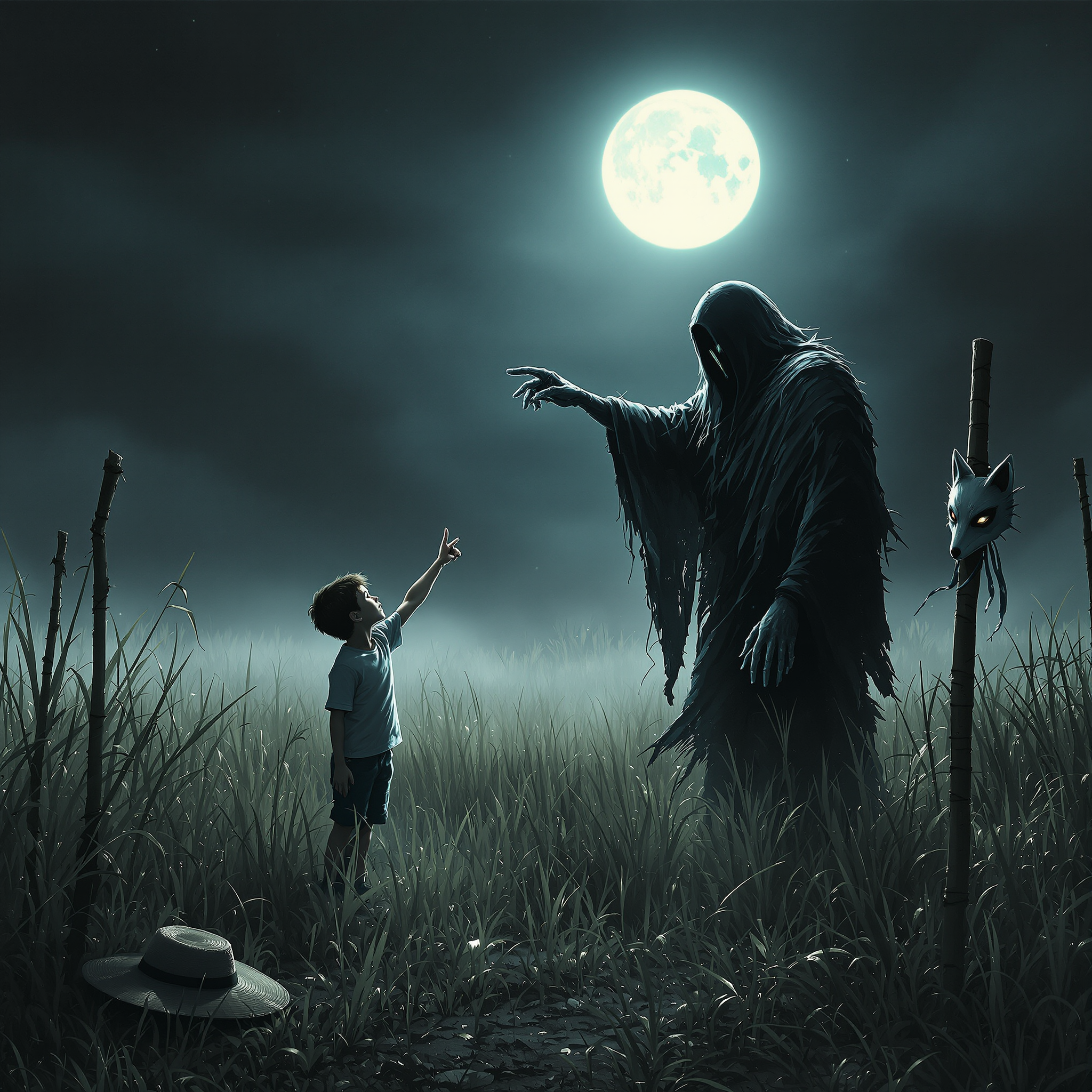This superstition warns against pointing directly at the moon, especially during full moons or lunar festivals. It is believed that such action disrespects the moon deity or spirit, resulting in physical punishment—most notably, having your ear rot, swell, or even fall off. In some regions, children are cautioned by elders not to raise fingers at the moon to avoid bad luck or physical disfigurement. The belief is often used as a moral teaching tool to instill reverence toward nature’s powerful and mysterious forces. In its modern form, it serves to discourage rude gestures toward sacred natural phenomena. Although there are no documented cases of ear-related injury from moon-pointing, the belief persists symbolically in folklore and oral traditions aimed at promoting humility and respect for the cosmos.

A baby’s future career or fate is predicted by the first object they select during a ceremonial setup.
In several Asian and Eastern European cultures, a traditional ceremony is held for babies usually around their first birthday. Known


